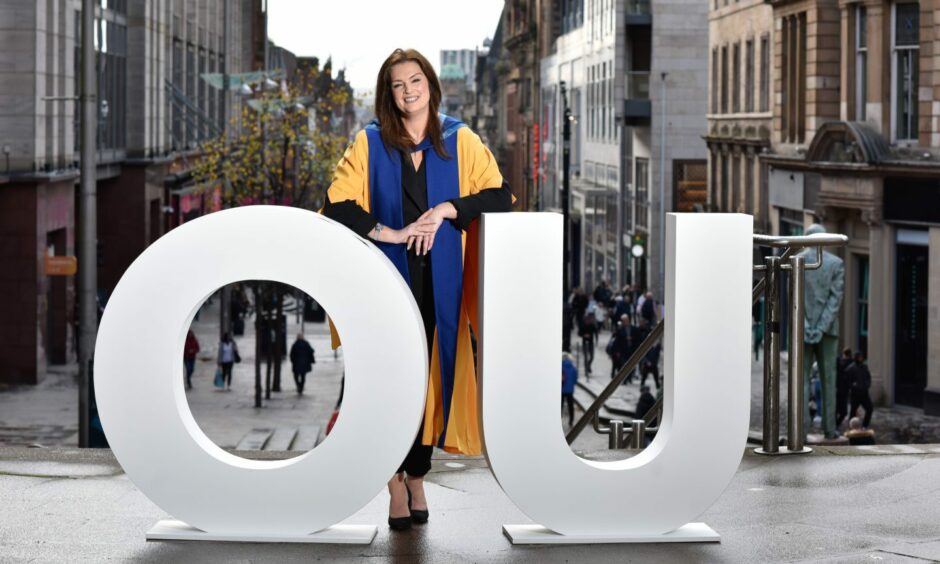
The news headlines in recent weeks haven’t offered much solace to those who are battling the blight of misogyny and toxic masculinity.
There have been disturbing new revelations about Wayne Couzens, the former Metropolitan Police officer who killed Sarah Everard in 2021, the murders of Epsom High headteacher Emma Pattison and her daughter, Lottie, believed to have been killed by her husband, George Pattison. And last week the slaying of 16-year-old Brianna Ghey in Cheshire.
Fiona Drouet, who lost her beloved daughter, Emily, to suicide in halls of residence at Aberdeen University in 2016, after suffering verbal and physical abuse from her boyfriend, has been at the forefront of a sustained campaign to ensure such tragedies are consigned to history. Yet, when we spoke this week, it was obvious that every couple of steps forward is counterbalanced by at least one heading in the opposite direction.
Social media is like the Wild West
If it’s not young girls being turned into lurid sex objects on social media sites, it’s the cruel, casual “banter” of those who believe it’s funny to objectify and degrade women in a social environment or on student campuses. Fiona has witnessed all this and launched the EmilyTest initiative in a bid to reduce gender-based violence.
However, while many universities and colleges have backed the scheme, others have been either slow to react or reluctant to admit they have a problem. And while they procrastinate, women are being killed by men every single week in Britain.
Fiona said: “Although I am a realist and recognise it is very unlikely that I’ll see this insidious abuse eradicated in my lifetime, it doesn’t mean we can’t fight for it and make a real difference now. I feel heartened each and every day seeing what EmilyTest and other organisations are achieving.
“Thankfully we seem to be talking more openly about physical and sexual abuse and, of course, with the introduction of the new law on coercive control in Scotland, psychological abuse is increasingly recognised by those being subjected to it. Our work in schools, universities and colleges is very encouraging, but it needs to go further.
‘We all have a part to play in this’
“The media headlines in the last few weeks have been heartbreaking, a true measure of the prevalence of this violence and the men behind it. Equally concerning is the true scale of the problem, the cases that don’t reach the media headlines.
“We all have a part to play in this and every one of us needs to do some self reflection. Ask ourselves if we have ever turned a blind eye, said it’s just a ‘turbulent relationship’, or ‘he’s having a hard time at work’ or ‘she pushes him to it, leave them to it, it’s between them’ – it’s incumbent on us to ensure we should never accept or condone this, as a country, as a world, because we are better than that and deserve so much more”.
Fiona received an MBE in 2020 – which she dedicated to her daughter – for her crusading efforts to tackle GBV with all manner of different institutions, both in academia and among trade unions and government organisations. But she was candid about the challenges she has faced in transforming perceptions where it matters.
She said: “There has been significant progress but there is still a long way to go. I’d even go as far as to say that the gap between an institution who is active and responsible in GBV prevention, intervention and support, and one who does very little, has widened.
“After two years of research with staff and students, we have developed the UK’s (and possibly the world’s) first GBV Charter, which helps instill minimum standards in our universities and colleges. To put it simply, it asks institutions: ‘Would your policies, practices and procedures have saved Emily’s life? Would you pass the Emily test?’
“We want universities and colleges to succeed in helping students to reach their full potential, not have their hopes and dreams stolen because they haven’t been supported in the way they should be. It’s a basic human right.
“But, out of 19 universities and 26 colleges in Scotland, six universities and seven colleges (fewer than 30%) are engaging with the charter programme. Given some data is emerging that shows university students are at higher risk of rape than the general public, there is no justifiable reason not to engage in a research-based and evaluated framework that can help improve our campuses.
“Some institutions have responded that they have their own strategy, so they don’t need to engage [with us], but I question who is quality assuring that, because marking our own homework is rarely an effective or reassuring approach”.
Internet can be a harmful place
Fiona is a firm advocate of moves to tighten up the behavious of social media companies in ostracising such individuals as Andrew Tate, the former professional kickboxer who became an internet celebrity, promoting an “ultra-masculine”, misogynistic philosophy which has been adopted by swathes of young males.
As she said: “We live in a digital age and, although we know it can be a harmful place, the internet is not going away. We have to accept that cultural shift, but we don’t have to accept the high prevalence of harmful content.
“Too many companies are shirking their responsibilities. The technology exists to limit and/or remove the majority of harmful content that is influencing attitudes. Artificial intelligence has advanced to a level where, with investment, media giants are able, to a certain degree, to limit exposure to abusive and harmful content.
“I hope the ‘Online Safety Bill’ [the UK’s bid to regulate online platforms] will go some way towards seeing that become a reality, ensuring people like Andrew Tate aren’t given a platform which allows them to encourage such dangerous and destructive behaviour”.
‘Every day we live with heartache’
Sadly, nothing will bring back Emily, who was only 18 when she died. And, while there’s no denying the determination of her mother to protect others, she admitted there is still a void in her and her family’s existence.
“They say that time heals but for us it hasn’t worked that way, the more time that passes just means it’s longer without our little girl,” she told me.
“It’s seven years since we hugged Emily, stroked her hair, told her we loved her. Seven years of dreaming of the wonderful, intelligent, talented and beautiful young woman she would be now. Every day we live with heartache and it’s difficult to articulate.
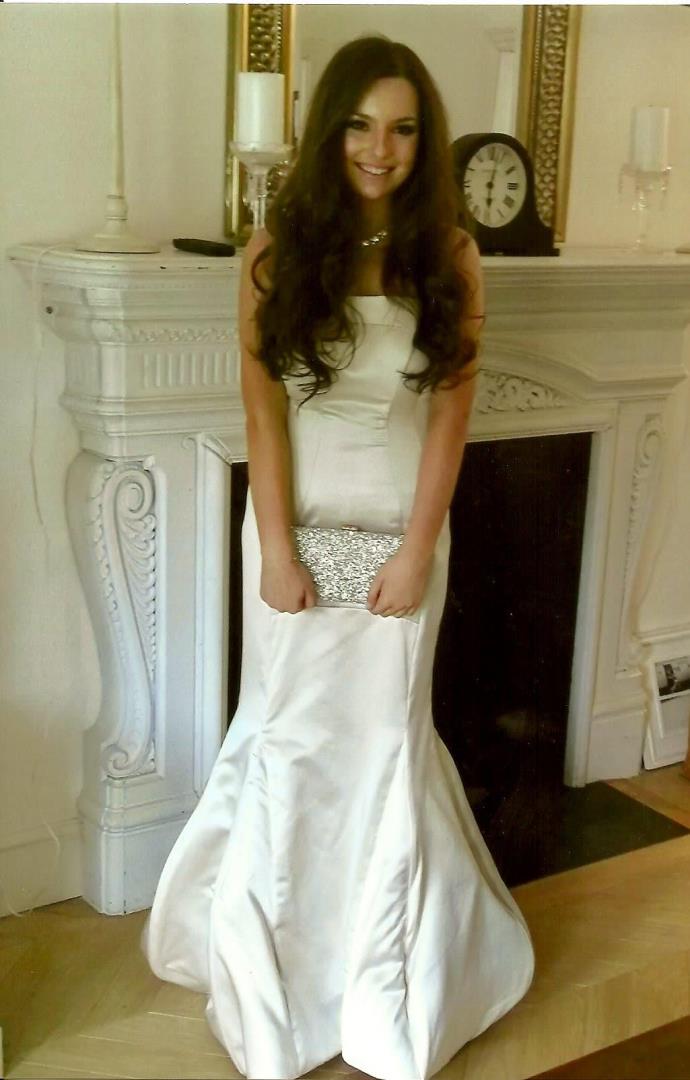
“We just try to make things as normal as we possibly can for Emily’s little brother and sister, both of whom constantly show amazing strength and determination to live their life the way their big sister would want them to.
“Emily was/is kindness personified and we know that she would want us to help ensure no other girl is left to suffer alone and in silence like her. We hope she feels proud of what we are doing in her name and, every day, we learn of the lives she has touched in an incredibly positive way and that strengthens our resolve”.
There’s comfort in clinging to these memories. But also the sobering realisation that these crimes are still claiming women’s lives far too often.
Further information can be found at
Five questions for Fiona Drouet
- What book are you reading?
Why Does He Do That (Inside the Minds of Angry and Controlling Men) by Lundy Bancroft - Who’s your hero/heroine?
My daughter, Emily - Do you speak any foreign languages?
French (but very badly despite my husband’s kind and supportive claims) - What’s your favourite music or band?
Whitney Houston (I equally love Alicia Keys as it takes us back to many happy family moments) - Most treasured possession?
A photo of my three children all together

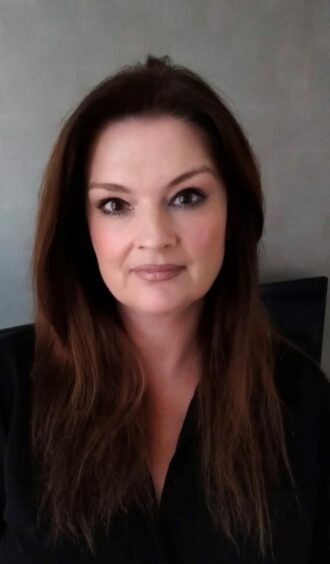
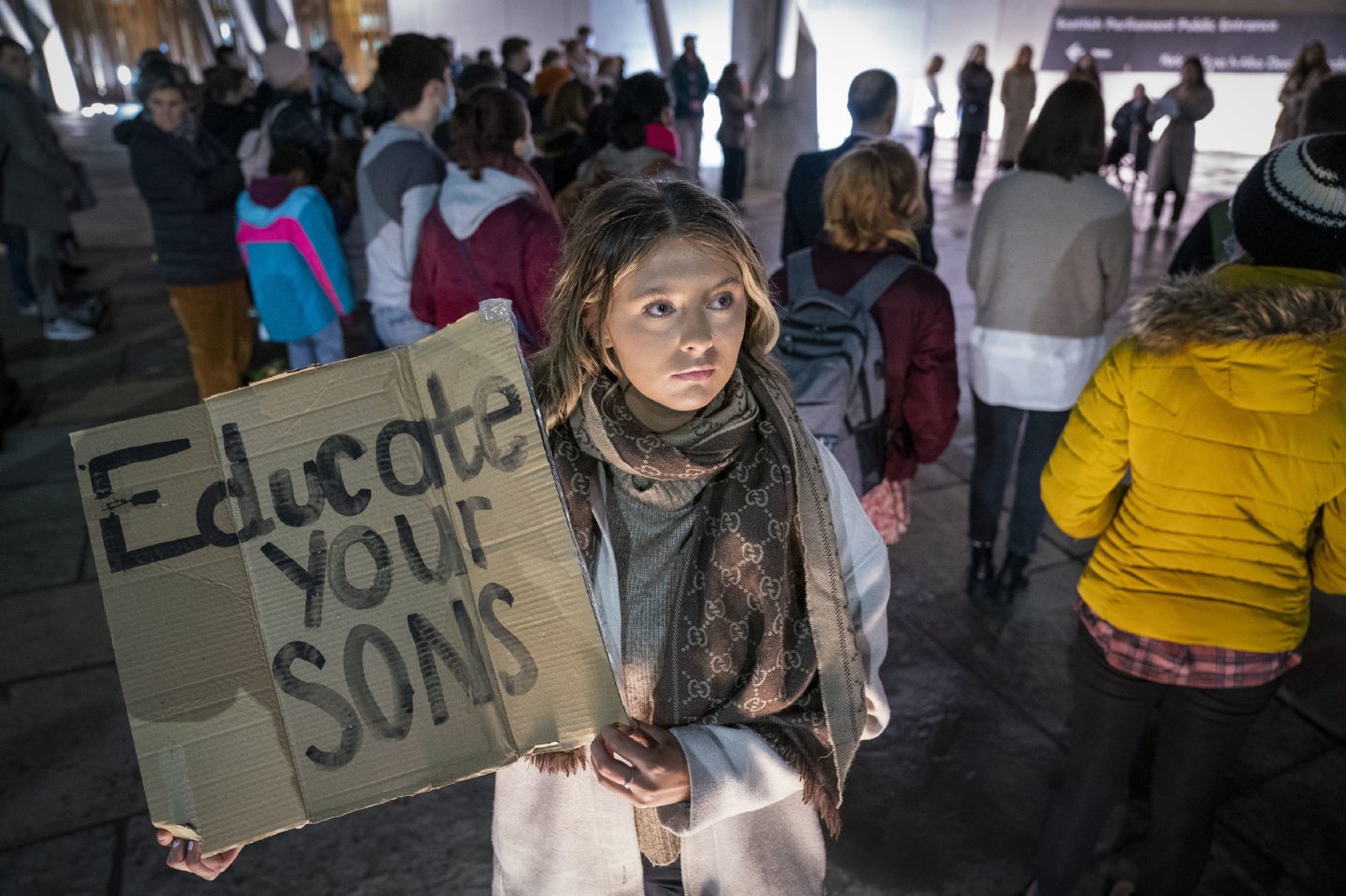
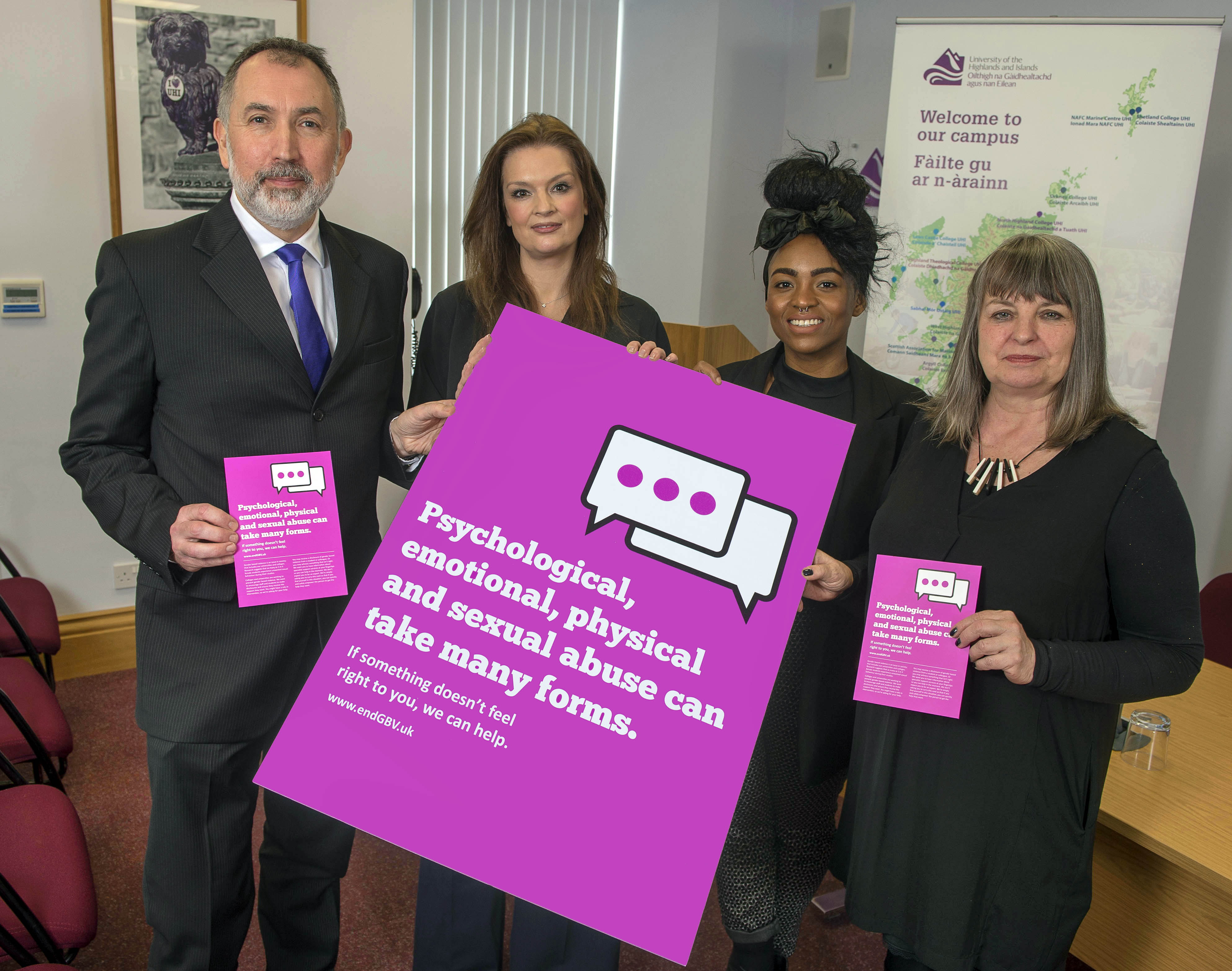
Conversation